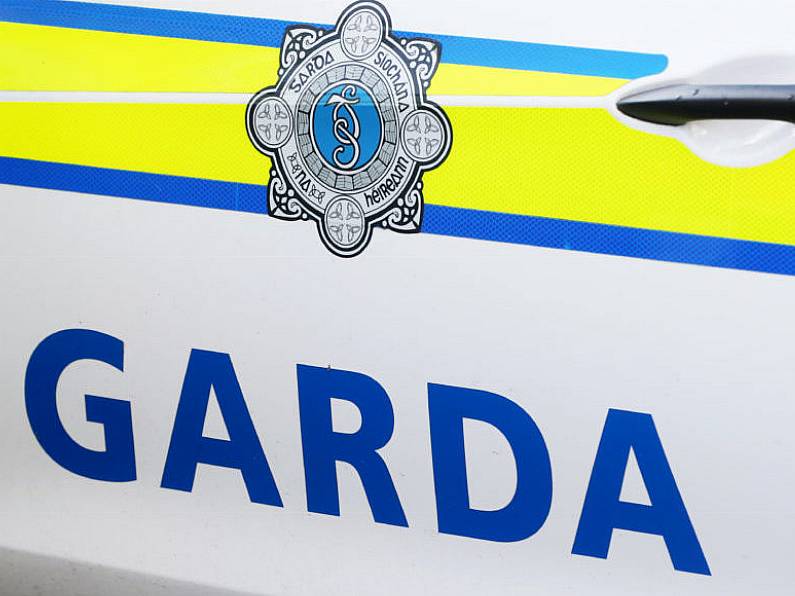Work is underway to evacuate the majority of Irish citizens currently in Afghanistan, after the Taliban took control of its capital.
Most of the 23 Irish citizens currently in the country are seeking to leave, Minister for Foreign Affairs Simon Coveney told Newstalk radio.
He described the situation as the most significant foreign policy catastrophe in 20 years.
The Government is in continuing contact with all Irish citizens in the country, he added, with some of their flights to leave the country now cancelled.
“Some of them would have had bookings and we would have helped them get bookings on commercial flights that have now been cancelled,” Mr Coveney said.
“So we’re working with other EU partners as you would expect, to try and find ways of getting people out as quickly as we can.
“We will stay in close contact with all 23, most of whom want to leave, not all of them want to leave — some of them are with big aid organisations and they have opted to stay for now.”
Refugees to arrive
Mr Coveney also said that Ireland had agreed to waive visas for 45 citizens escaping Afghanistan, some of whom were already in Pakistan.
Ireland had also agreed to take another 100 to 150 refugees, he added. “We will be prioritising human rights workers, media workers and women and girls, the vulnerable.”
The Minister said he suspected that Ireland would have to do more. “Those numbers are very small.”
The UN Security Council, of which Ireland is a member, will meet in an emergency session in New York today at 10am local time, said Mr Coveney.
The focus will be humanitarian, to secure a safe exit for foreign nationals and as many Afghans who worked with them. “It’s about managing a chaotic situation,” he said.
There would be hundreds of thousands, possibly even millions of people who would flee to neighbouring countries and the UN would have to support them, he said.
“This is a foreign policy catastrophe, the likes of which hasn’t been seen in decades.”
Attempts to flee
Many Afghans and foreign nationals are now attempting to flee the country, after the Taliban declared the war in Afghanistan was over and insurgents took control of the presidential palace in Kabul.
President Ashraf Ghani fled the country on Sunday as the Islamist militants entered the capital virtually unopposed, saying he wanted to avoid bloodshed.
The Taliban has said the form of the new regime in Afghanistan would be made clear soon, adding it did not want to live in isolation and calling for peaceful international relations.
Many Afghans fear the Taliban will return to past harsh practices in their imposition of sharia, or Islamic religious law. During their 1996-2001 rule, women could not work and punishments such as stoning, whipping and hanging were administered.
—Additional reporting by Vivienne Clarke.






